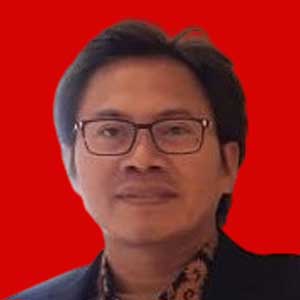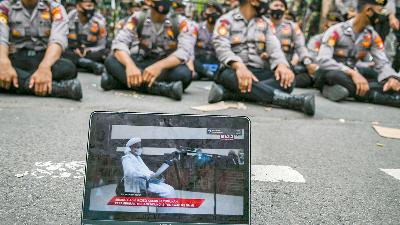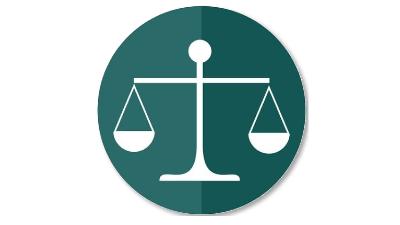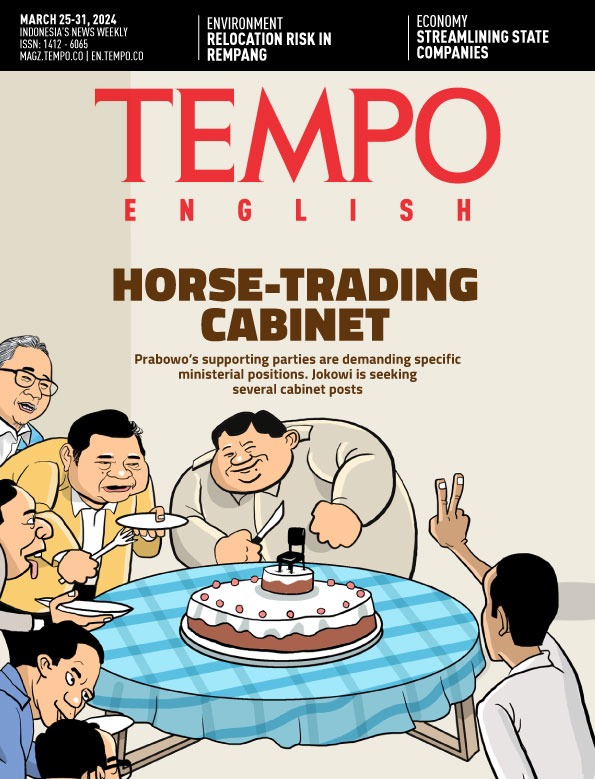Worship in the Time of Emergency
Monday, March 29, 2021
A number of policies to deal with the pandemic this past year have an impact on Muslim rituals. Social worships and rituals are increasing. This report is the result of a collaboration between Tempo and Rappler, supported by the Sasakawa Peace Foundation.
arsip tempo : 171350029036.
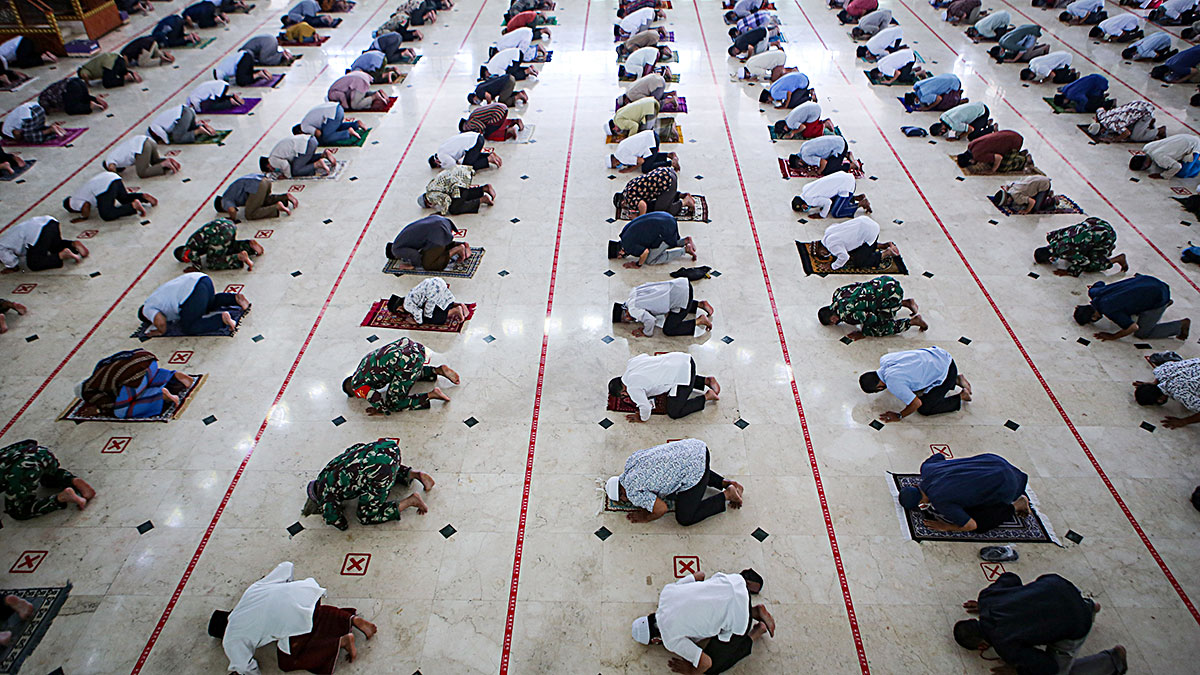
THERE are things that have not returned to Anwar Abbas’ worship routines despite one year passing of the Covid-19 pandemic. The deputy chairman of the Indonesian Ulema Council (MUI) still has to keep his distance when praying at a mosque near his house in the Ciputat area, South Tangerang, Banten. In fact, praying in close ranks is highly encouraged. He also stopped shaking hands with other members of the congregation, replacing it with the
...
Subscribe to continue reading.
We craft news with stories.
 For the benefits of subscribing to Digital Tempo, See More
For the benefits of subscribing to Digital Tempo, See More




